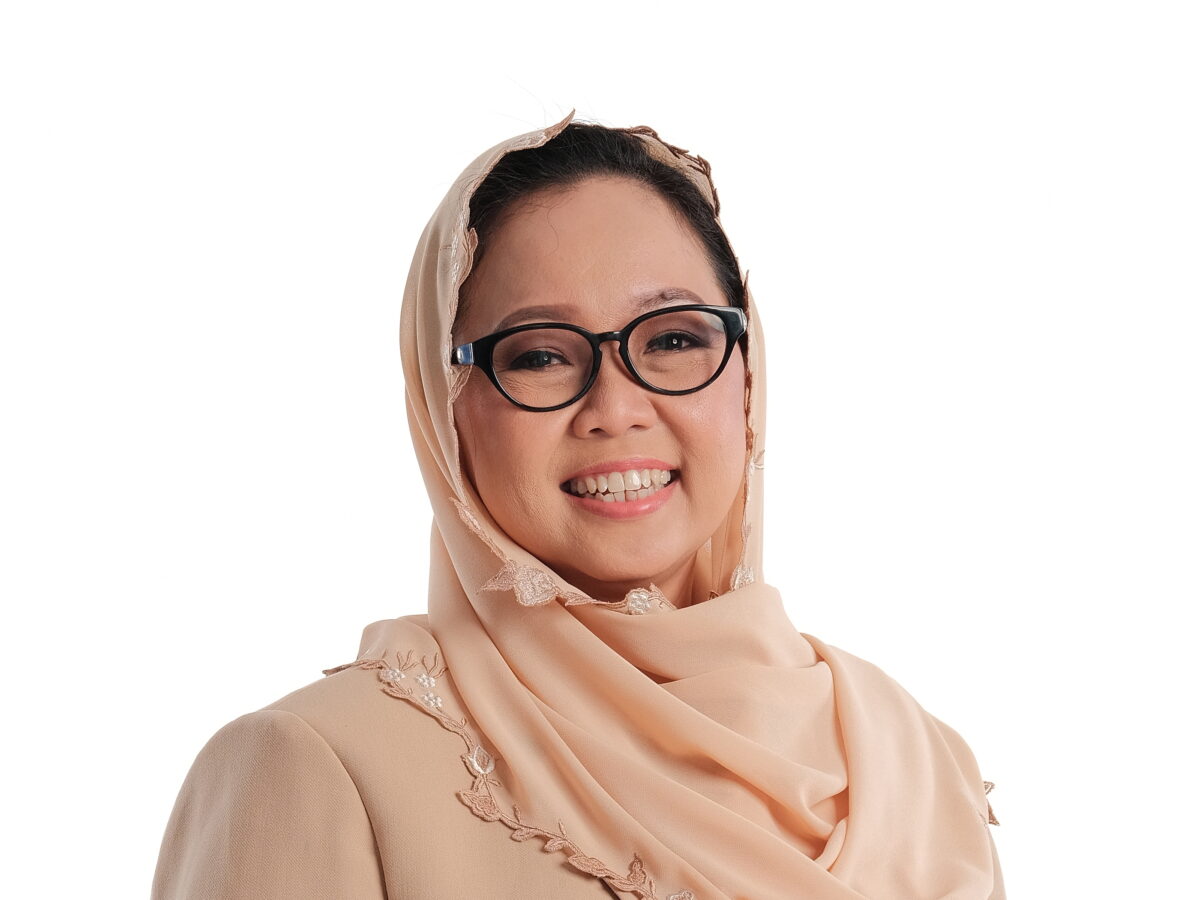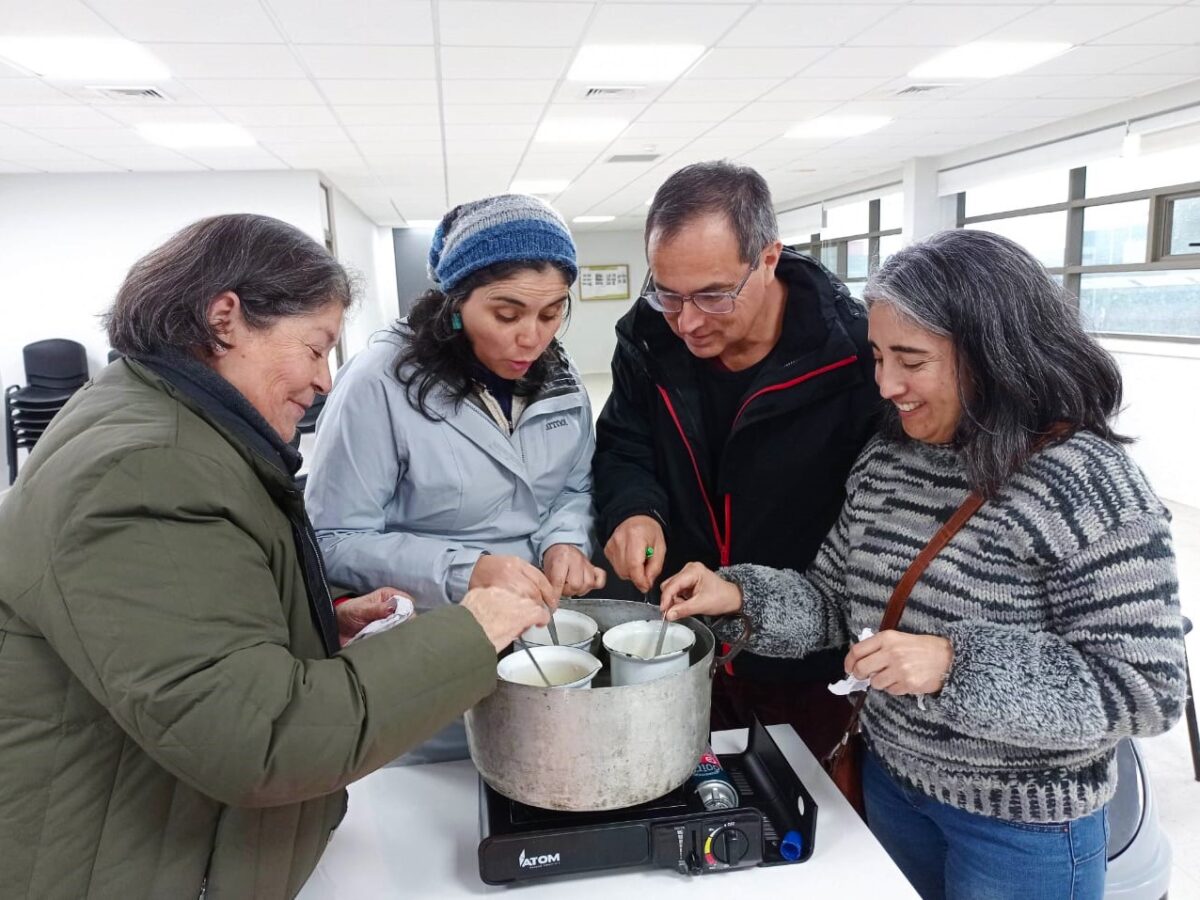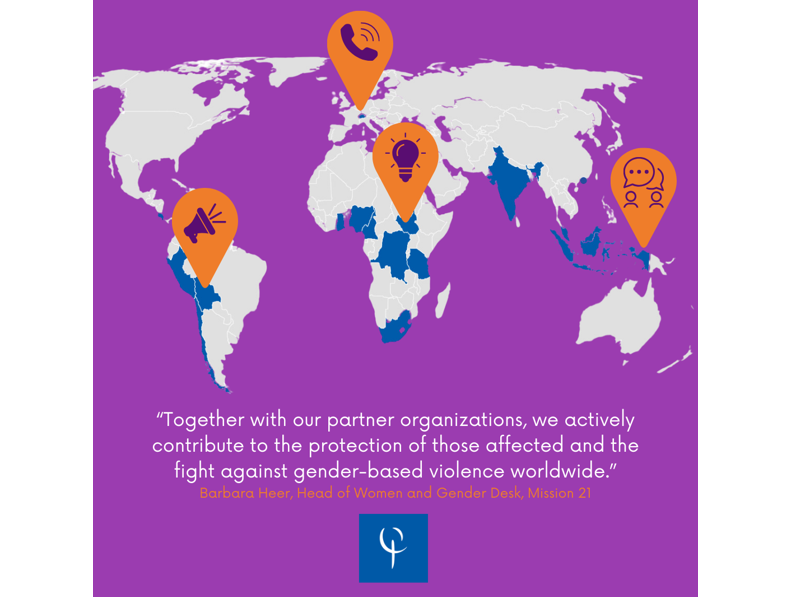She is considered one of Indonesia's ten most influential women: psychologist Alissa Wahid, co-founder of a network promoting human rights, interfaith understanding and democracy. Alissa Wahid is also co-leader of the largest Muslim association in the world. On Thursday, August 17, she will give the opening speech at Mission 21's International Forum for Interfaith and Transcultural Peacebuilding. We were able to interview her in the run-up to the event.
Ms. Wahid, the forum is about the influence of faith in peacebuilding. How do you see the role of faith?
For me, faith means upholding values and principles as the basis for living together. Faith is the source for gaining values for shaping life. This also includes the principle of respecting other religions and shaping a society peacefully and together. I often experience that supposedly religious conflicts are actually about power and influence. By reflecting on principled values, we recognize commonalities in religions.
Which values are central to you?
Justice plays a central role in the pursuit of peace. In Islam, dialogue has a high value for reaching a common attitude, an agreement. Only when we have justice in a society can we expect peaceful coexistence. Peace without justice is illusion.
When different conceptions of faith clash, what is important for successful interfaith dialogue?
It depends on the context. In Indonesia, for example, general values are placed higher than individual values. That is why it is important to give great weight to human rights and democracy. Different doctrines within religions can lead to conflicts. Here, it should be possible to introduce the fundamental values.
It is also important to take a differentiated view of democracy. In countries such as India, Indonesia or Myanmar, where one religious community forms the large majority in each case, this must not lead to the suppression of minorities. That would be a gross simplification of democracy.
You yourself have great influence in Indonesia, as co-leader of the Muslim organization Nahdlatul Ulama, with around 40 million members. How do you use this influence to promote peaceful coexistence?
I see it as an opportunity when religious leaders have good relationships with political officials, especially if they have the same religious affiliation. This provides an opportunity to bring the values I mentioned into politics. This exchange should aim to improve people's lives.
You also co-founded the Gusdurian Network, which is active in over 100 cities. What goals are you pursuing with this organization?
With this network, we want to work towards a just society at the grassroots level. Humanity and justice are the most important values that our network propagates. Spirituality is necessary to motivate people to strive for justice. The network should be a safe place for encounters and exchange. We want to promote interreligious understanding, strengthen a culture of respect and carry these values into local politics.
By the way, the network is called "Gusdurian" because of my father, the former president of Indonesia, Abdurrahman Wahid; his nickname was Gus Dur. He worked for interreligious understanding and human rights, even against sometimes massive opposition in politics. Many people work in the network, carrying forward and developing his ideas.
We are delighted that you are opening the Mission 21 International Forum as the keynote speaker - what is your motivation for accepting the request?
I myself consider it an honor to participate in this forum. For me, it is not the size of an organization that matters, but that it is active and has expertise. Mission 21 works with committed interfaith organizations and groups in Indonesia, which I find very impressive and important.
Interview: Christoph Rácz; Image: zVg






